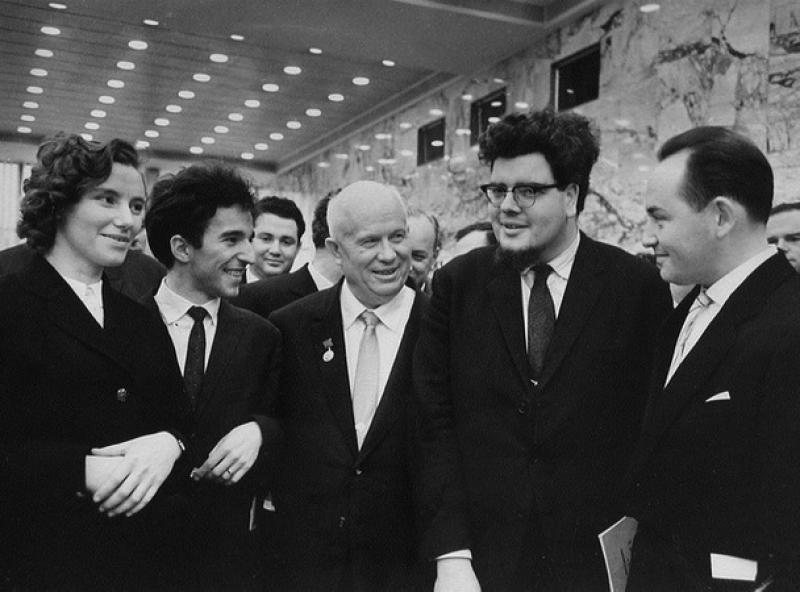Weekend watch: The greatest pianist of our time
mainNew on Youtube: John Ogdon, between triumph and tragedy.



New on Youtube: John Ogdon, between triumph and tragedy.


Anna Starushkevych is a Ukrainian-British opera singer who…

The buildings that house the Rachmaninoff Museum and…

Putting San Francisco far behind him, the Finn…

An appeal has been raised for the widow…

Session expired
Please log in again. The login page will open in a new tab. After logging in you can close it and return to this page.
Comments